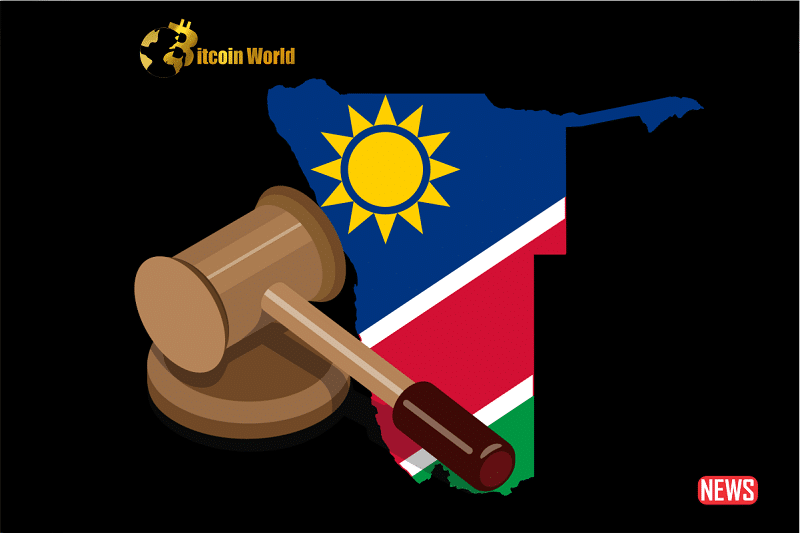Remember when cryptocurrency exchanges were a no-go in Namibia? Well, things have officially changed! In a move that’s got the African fintech scene buzzing, Namibia has just given the green light to regulated crypto exchanges. Yep, you read that right. After a previous ban back in 2017, the Namibian government has now signed the Virtual Assets Act 2023 into law. This is a pretty big deal, so let’s dive into what it means.
What’s the Buzz About the Namibia Virtual Assets Act 2023?
Think of this new law as a rulebook for cryptocurrency exchanges, officially known as Virtual Asset Service Providers (VASPs), operating within Namibia. The Namibia Virtual Assets Act 2023 was formally published in the Gazette on July 21st, following approvals in the National Assembly on July 6th and a signature from President Hage Geingob on July 14th. This marks a significant shift and establishes the very first comprehensive framework for regulating crypto activities in the country.
Here’s a quick breakdown of what this new legislation aims to achieve:
- Consumer Protection: Making sure users are protected when dealing with crypto.
- Market Integrity: Preventing any shady business like market manipulation.
- Combating Financial Crime: Mitigating risks related to money laundering and terrorism financing.
What Happens if You Don’t Play by the Rules?
The Namibian government isn’t messing around. VASPs that don’t comply with the new regulations could face some serious consequences:
- Heavy Fines: Up to 10 million Namibian dollars, which is roughly $671,000.
- Potential Jail Time: Up to 10 years behind bars.
It’s important to note that while this is a huge step forward for crypto regulation, the Bank of Namibia is still holding firm on one thing: cryptocurrencies will not be considered legal tender in the country.
Why the Change of Heart?
Namibia’s journey to regulating crypto has been an interesting one. It all started with that initial ban in 2017. But then, in May 2018, the Bank of Namibia hinted at a change in direction by revising its stance. This signaled a growing understanding and acceptance of the potential of digital assets.
Is Namibia Part of a Bigger Trend in Africa?
Absolutely! Namibia isn’t alone in this. Across the continent, we’re seeing a growing interest in regulating the crypto space. Take South Africa, for example. Their financial regulator recently announced that all crypto exchanges will need to be licensed by the end of 2023 to keep operating. This shows a clear trend towards formalizing the industry.
Several other African nations have already put crypto laws in place, including:
- Botswana
- Kenya
- Mauritius
- Seychelles
However, it’s not a uniform picture. The situation is still evolving in some countries. Remember the Central African Republic making Bitcoin legal tender in 2022? That decision was reversed less than a year later, highlighting the dynamic nature of crypto regulation.
On the other side of the coin, some African nations have chosen to ban cryptocurrencies altogether. According to the International Monetary Fund, these include:
- Cameroon
- Ethiopia
- Lesotho
- Liberia
- Republic of the Congo
- Sierra Leone
- Tanzania
- Zimbabwe
What Does This Mean for the Future of Crypto in Africa?
Namibia’s move to regulate cryptocurrency exchanges is a strong indicator of a growing acceptance of digital assets in Africa. It suggests that more countries are likely to follow suit, developing their own frameworks to manage this evolving sector. This could unlock significant opportunities for innovation, financial inclusion, and economic growth across the continent.
While challenges remain, the potential of cryptocurrencies in Africa is undeniable. As more nations like Namibia embrace regulation, we can expect to see a more structured and secure environment for digital assets to thrive. The future of crypto in Africa is certainly looking interesting, and Namibia’s recent decision is a key piece of the puzzle.
Disclaimer: The information provided is not trading advice, Bitcoinworld.co.in holds no liability for any investments made based on the information provided on this page. We strongly recommend independent research and/or consultation with a qualified professional before making any investment decisions.




